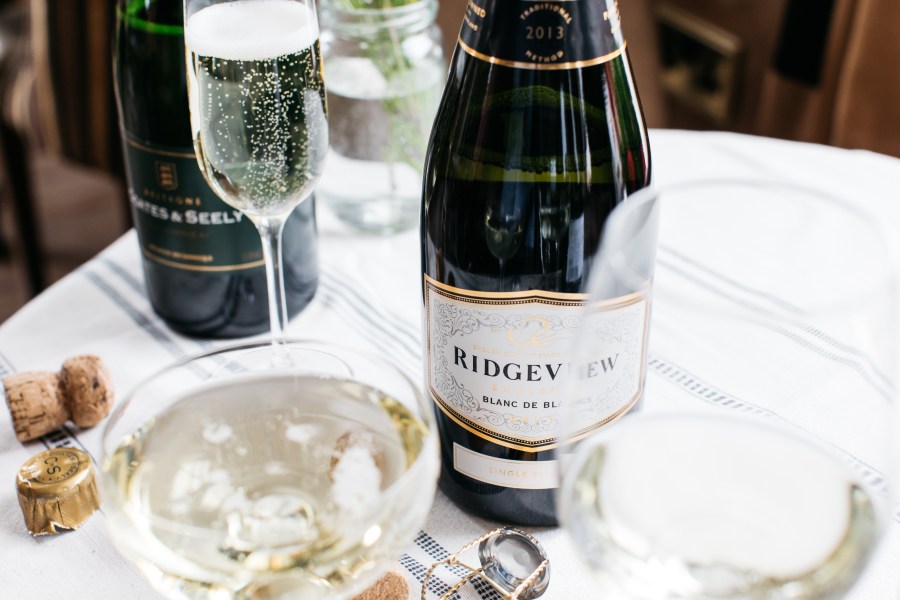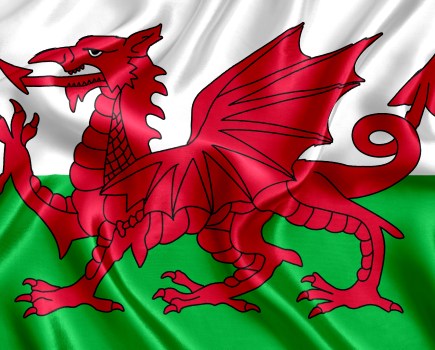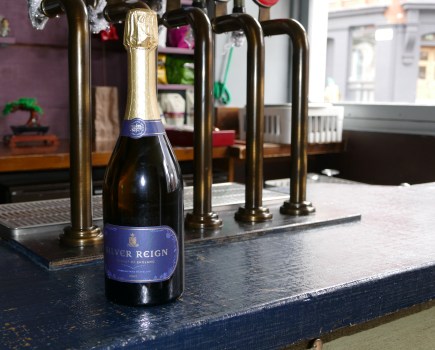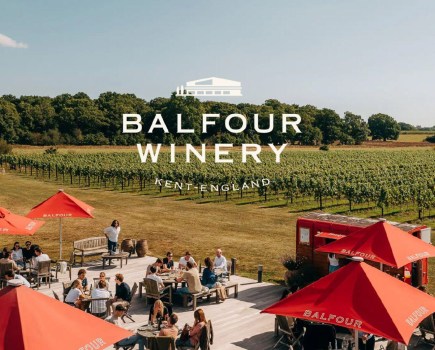What was the first English/Welsh wine you tasted?
I grew up in Guildford, and so my first experience of English wine was visiting the Denbies vineyard in Dorking. I was 18 and had already decided that I couldn’t imagine working in anything other than the world of food and drink and it was inspiring to see that it was possible to produce wine in England.
What is your favourite part of finding new English/Welsh wine suppliers?
Be it English wine, or wines from any of the categories I buy for Matthew Clark and Bibendum, the process of finding new suppliers is always an enjoyable part of a buying role. With English wine it has been all the more fascinating over the last five years as the category has developed so quickly in terms of sales, thus our requirement for suppliers, and ensuring we have the right wines for the growing thirst for English wine from our customers. But the best thing about finding new suppliers is seeing them succeed. We began working with Ridgeview in September 2016 and by the end of the following year we had seen their sales double, with some fantastic placements for the wine. Success and recognition for the wineries we work with is the ultimate reward.
What is the most challenging part of finding new English/Welsh wine suppliers?
With any prospective new supplier, we are looking for the right combination of price, packaging and product quality, and style for the market. It is also important to work with the right people. People with whom you can build a long term business, through the good times and the challenges. The most difficult part is finding suppliers who tick all of these boxes and can go on to become one of the many suppliers we have been working with for decades.
What is the most memorable wine you have tasted? Why did it stick in your mind?
There have been many. I recently bought my brother a bottle of 1985 Quinta Do Noval for his 30th birthday, which he shared a little of with me. There is something very special about drinking something so great that has been around for as long as you have.
What is your favourite grape variety and why?
It would have to be Pinot noir. From the classic (if often unaffordable) Burgundies, to great value Spätburgunder’s over the border in Germany. Or ripe, fragrant, rich new world wines of New Zealand, California or even Canada, and Blanc de Noir’s in Champagne – or England! So many great wines from one grape…
Should producers be focusing on developing the reputation of still wines?
We have a market for English still wines which still make up nearly a quarter of our English wine sales, so there is definitely a sales opportunity for English still wine. Most producers have rightly focussed on sparkling wine however, which we have demonstrated clearly as being a qualitative competitor to Champagne. I think this is the right path and we shouldn’t dilute this focus too much.
Maybe in the future we will see certain regions in England develop a reputation for still wines in the way that Sussex, Kent, and Hampshire have done for sparkling wine.
How would you describe English / Welsh wine as a category to someone who has never tried it before?
The best sparkling wines have a fantastic fruit purity, and crisp acidity and freshness, mixed with the more classic lees ageing richness you associate with Champagne. I’d say they need to try it because to have home produced wines of the quality we now do is something we should all be celebrating.
Shelf appeal or stories and accolades – What do you think helps sell more wine?
Packaging is always going to be an important factor – there is an expectation that to get your product through the front door, be that of a distributor or an on-trade outlet, the packaging has to be of a certain standard. Quality in the glass is king, but stories and accolades are an important part of the mix that will help make your product stand out and gain the listing.
What advice would you give to your younger self?
Languages are important – particularly in a global industry like ours – and they need to be given greater importance in school. It’s very rewarding to be able to speak languages and very frustrating not to. I’m just about to take up French lessons again to pick up where my school French left off.
How can producers engage with the trade to help increase sales of English and Welsh wines?
All of the English producers we work with are super engaged with both our sales teams and our customers to provide training, tastings, and sales tools. The major advantage English producers have here is that you are in market already. There is still a big job to do spreading the word about English wine, which will only go to increase the existing sales momentum.
How can producers better position themselves in a competitive market?
Pricing will always be an important part of the mix, be it being competitive enough or pitching your product at the right level. Packaging also needs to be of a minimum standard and it’s encouraging to see several producers such as Ridgeview and Nyetimber further enhancing their packaging. Right now the focus should be on PR, marketing, tastings and further raising the profile of both the category and individual producers. We are only just beginning to see the potential for English sparkling wine.
Corks or screwcaps?
For English still wine by and large we are not talking about wines for ageing and so the convenience and security for quality means screwcap is best.
If you weren’t working in wine what would you be doing?
I’d likely be a chef. I love to cook and in fact almost went down this path when I was younger. So I wouldn’t have ventured that far away from wine!




